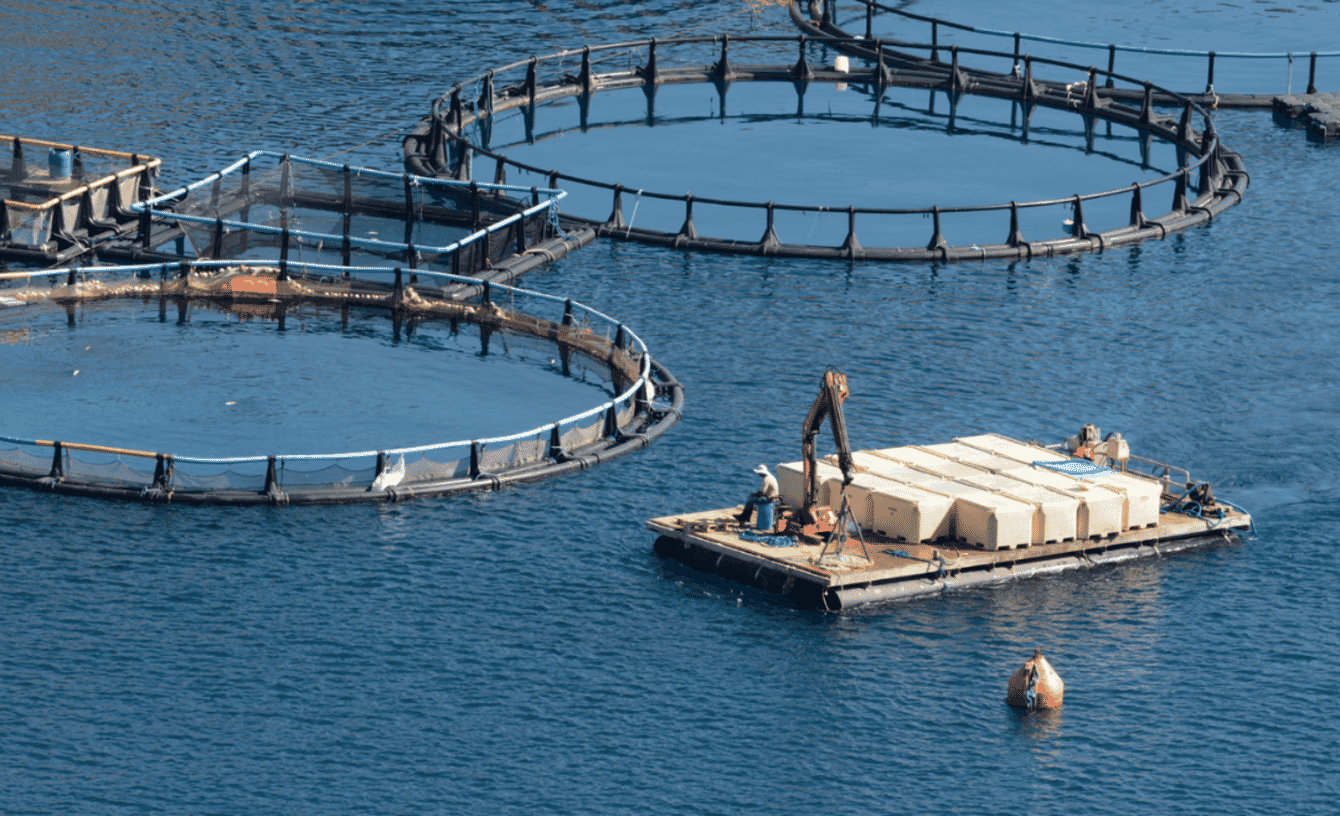
The Government and public sector sponsors are offering a total possible fund of £5.5 million © SEPA
Up to £650,000 is available to develop a solution to this challenge, one of eight new challenges launched under CivTech Round 11. Sponsored by the Scottish Environment Protection Agency (SEPA), the opportunity is open to individuals, teams, start-ups and established businesses of any size.
The environmental impact challenge focuses on developing a method or tool to assess impacts of marine pen fish farms (MPFF) on the ecological communities of rocky seabeds and protected marine habitats where it is neither possible nor appropriate to take a grab sample. The solution must offer a non-invasive and preferably quantitative method to monitor ecological effects. It should be scientifically robust and demonstrate its ability to detect whether MPFF operations remain within environmental limits, supporting sustainable aquaculture practices and the protection of sensitive marine ecosystems.
The Government and public sector sponsors are offering a total possible fund of £5.5 million for solutions to a range of generational and national level challenges.
“Innovation is the backbone of our economy and our society. Where there are problems and challenges, there are solutions to be harnessed by tapping into the creativity and ingenuity of the start-up community and capitalising on rapidly-evolving technology such as AI,’’ said business minister Richard Lochhead in a press release.
Solutions are also being sought to address other challenges including how to reduce teacher workload and how to unlock the cultural and economic potential of the Gaelic language.
80 percent of CivTech teams still operating as of March 2024
CivTech, launched in 2016, is the world’s first government-run accelerator for digital public services, designed to bring innovation into how technology supports Scotland’s public sector. At its core is a 15-week programme where selected teams or individuals develop working prototypes with funding and business support.
Now in its tenth year, CivTech has delivered public sector innovations ranging from major cost-saving digital tools to improvements in healthcare, education and front-line services.
“Success rates for the companies and products developed are very high with some 80% of the products created through the programme in use, far surpassing the average private sector accelerator rates. I look forward to another round of the programme continuing to revolutionise our public services while giving our brightest business minds the support and encouragement to develop their business ideas,” added Lochhead.
More information about all eight CivTech Round 11 Challenges can be found here.



